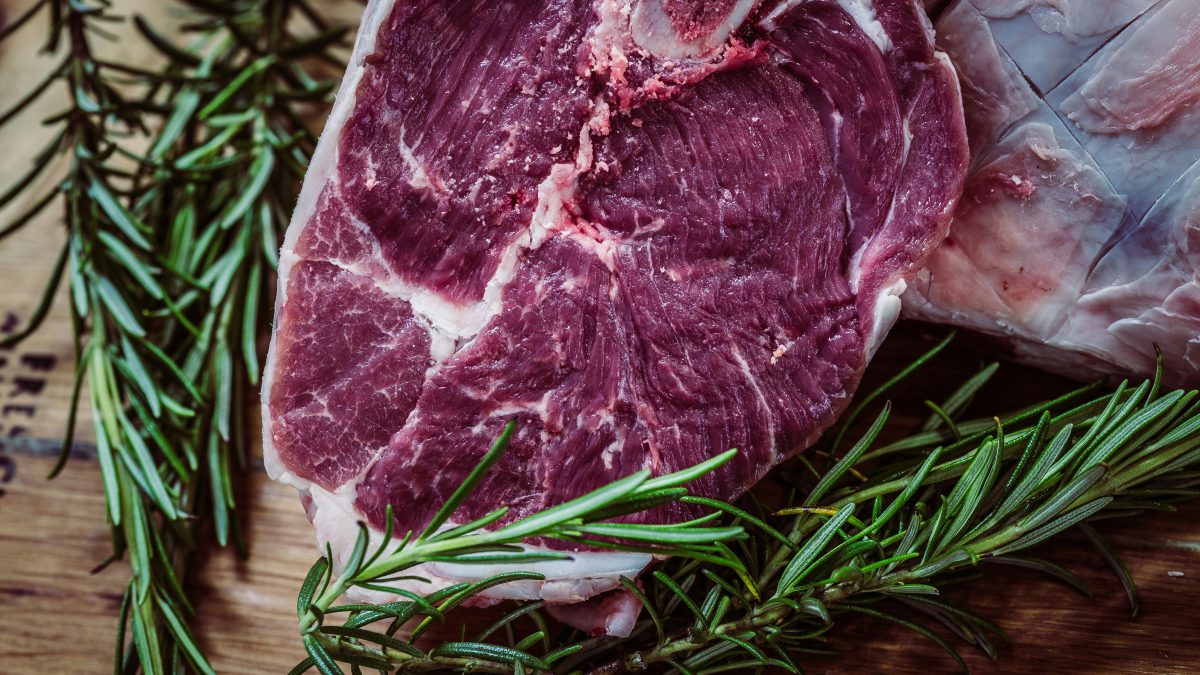
The Carnivore Diet: What’s It All About?
In recent years, the Carnivore Diet has gained significant attention in health and wellness circles. Touted for its simplicity and potential health benefits, this diet takes a radically different approach to nutrition, emphasizing animal-based foods exclusively. Here’s a breakdown of what the Carnivore Diet is, how it works, and what you should consider before diving in.
What is the Carnivore Diet?
The Carnivore Diet is a restrictive eating plan that involves consuming only animal-based products. While it shares some similarities with ketogenic and paleo diets, it eliminates plant-based foods entirely, focusing on:
- Meat (beef, pork, lamb, poultry)
- Fish and seafood
- Eggs
- Animal fats (butter, lard, tallow)
- Dairy products (optional and often limited to low-lactose items like hard cheeses)
The diet’s underlying principle is that humans evolved as hunters who thrived on meat-heavy diets, and that modern agricultural practices have introduced foods that are less compatible with our biology.
The Potential Benefits
Advocates of the Carnivore Diet often highlight several benefits, particularly for people with certain chronic health conditions. Here are some of the main claims:
- Weight Loss
By cutting out processed foods and carbs, many people report weight loss due to the diet’s satiating nature and calorie reduction. - Reduced Inflammation
Anecdotal evidence suggests that eliminating plant-based foods may help reduce inflammation, potentially benefiting those with autoimmune disorders. - Simplified Eating
Without the need to track calories or plan diverse meals, the Carnivore Diet offers simplicity. - Improved Mental Clarity
Some followers claim better focus and mental clarity due to steady energy levels and reduced blood sugar fluctuations. - Better Gut Health
Proponents suggest it can resolve gut issues like bloating and irritable bowel syndrome by eliminating fiber and plant antinutrients.
Criticisms and Concerns
While the Carnivore Diet has its fans, it’s also met with criticism from health experts. Here are some common concerns:
- Nutritional Deficiencies
Eliminating fruits, vegetables, and grains may lead to a lack of essential nutrients like vitamin C, fiber, and certain antioxidants. - Heart Health Risks
Critics argue that the high intake of saturated fats and cholesterol may increase the risk of heart disease. - Lack of Long-Term Research
The long-term effects of eating exclusively animal products are not well-studied, leaving questions about its safety. - Sustainability
Many people find it challenging to stick to such a restrictive diet, especially in social settings or when traveling.
Who Might Benefit from the Carnivore Diet?
The diet has gained traction particularly among individuals looking for relief from chronic issues that haven’t responded to traditional interventions, such as:
- Autoimmune diseases (e.g., rheumatoid arthritis, psoriasis)
- Severe gut issues (e.g., Crohn’s disease, IBS)
- Weight management struggles
That said, this diet isn’t for everyone and should be approached with caution.
How to Start the Carnivore Diet
- Transition Gradually
If you’re currently on a standard diet, transitioning slowly can help minimize digestive discomfort. - Focus on High-Quality Animal Products
Opt for grass-fed, pasture-raised, and wild-caught options to maximize nutrient density. - Stay Hydrated
Water and electrolytes are essential to counterbalance the initial side effects, such as fatigue or headaches, often referred to as the “carnivore flu.” - Monitor Your Health
Regular check-ups with a healthcare provider can ensure you’re meeting your nutritional needs and staying healthy.
Is the Carnivore Diet Right for You?
Ultimately, the Carnivore Diet is a highly personal choice and not a one-size-fits-all solution. While some individuals experience remarkable transformations, others may find it too restrictive or unsuitable for their lifestyle and health needs. Consulting a healthcare professional before making drastic dietary changes is always recommended.
Final Thoughts
The Carnivore Diet challenges conventional nutrition by focusing exclusively on animal-based foods. Its potential benefits are intriguing, especially for those with chronic health issues, but it’s not without risks. Whether you’re drawn to the simplicity or seeking relief from specific conditions, weigh the pros and cons carefully—and listen to your body.
Would you give the Carnivore Diet a try? Let us know your thoughts in the comments!











